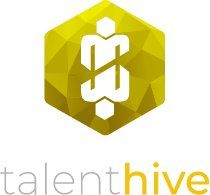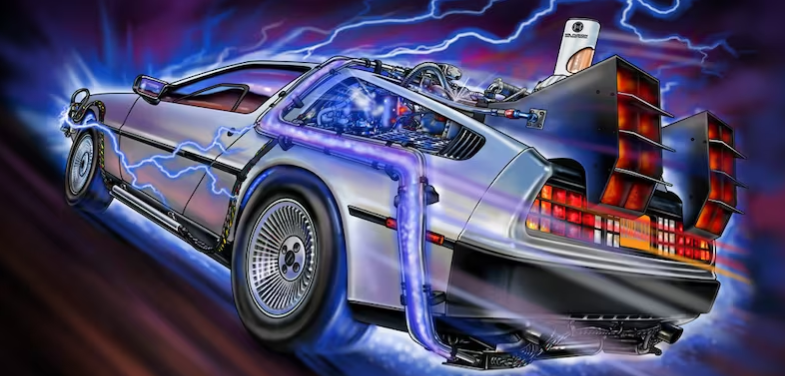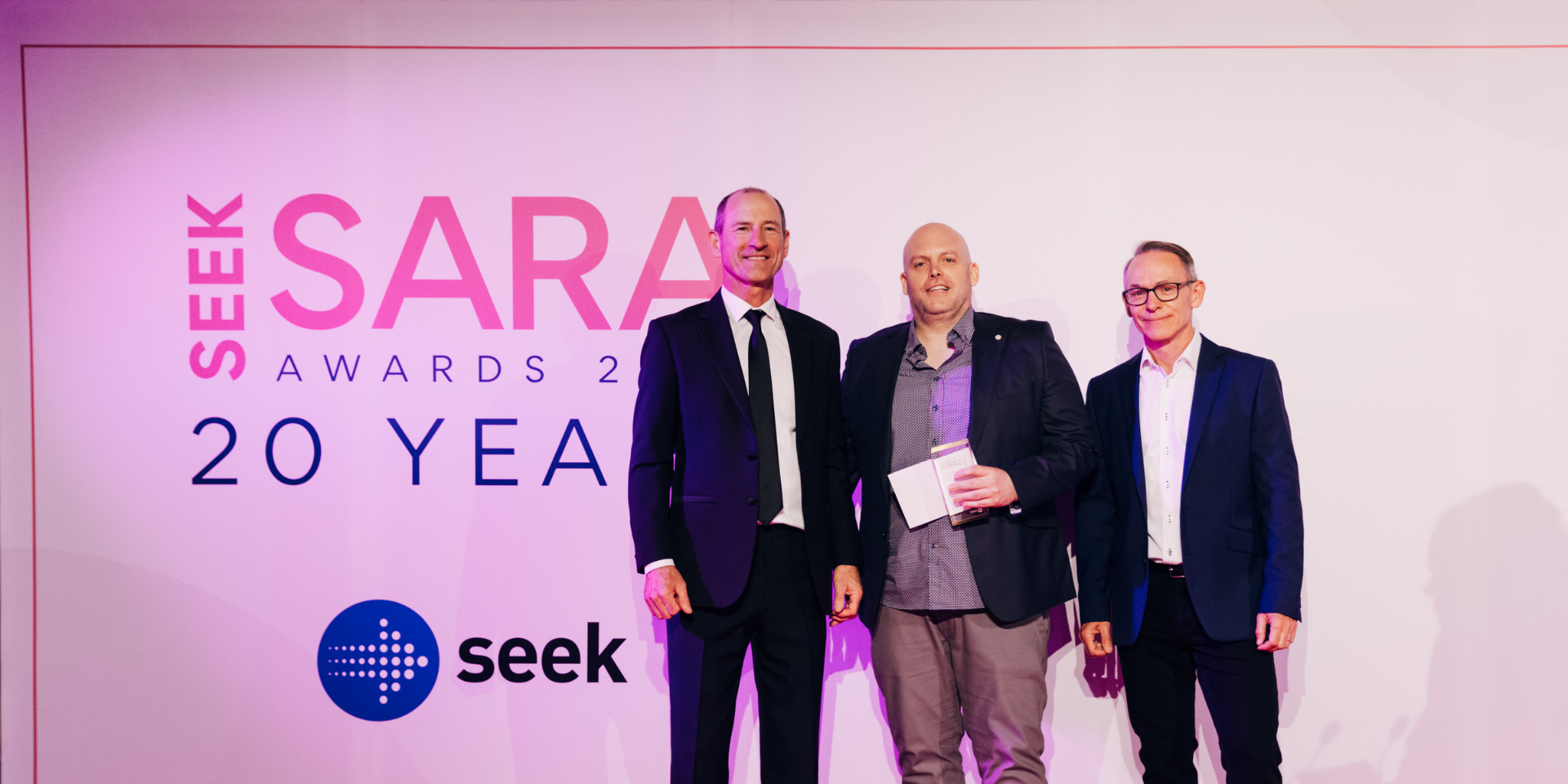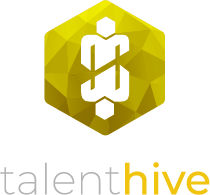AI and the disappearance of jobs
Change is well underway with the impact of AI on employment, but what does the future hold?

Back in 2015 I wrote a blog, titled 'how safe is your job', about the impact of automation and AI on employment. My article was based around a 2014 Pew survey which posed the question, will automation, artificial intelligence applications, and robotics displace more jobs than they create by 2025? At the time, there was a pretty even split in terms of the poll findings. A lot of water has passed under the bridge since I wrote that article in 2015 and some water has even passed over the top of bridges as well, so I thought I'd have a quick look at some more current stats and thoughts on the impact of AI on the employment market.
The Global Risks Report 2023 issued by the World Economic Forum indicated that AI and technology are expected to displace around 85 million jobs by the year 2025. In the last few weeks IBM put a freeze on 7,800 jobs that could be replaced by AI and automation and BT announced it would cut up to 55,000 jobs by 2030, with about 10,000 of those predicted to be replaced by AI. A recent post from Techjury highlighted a range of "stats" (predictions might be more accurate) about jobs being lost to automation including the suggestion that automation will displace 85 million jobs globally by 2025. It led me to wonder how many people were actually in employment globally, approximately 3.32 billion in 2022 apparently (that's a tough head count).
Change is well underway, that much is clear but it's the pace of change and the speed of advancements with AI that is most notable. I've no doubt some of the stats/predictions highlighted will come to pass, and they may happen in the next couple of years, but change isn't new and neither is the fear of change. The image I used for my original article was of a couple of plucky Luddites going postal on some 19th century machinery, so fear of progress and technology in the workplace has been going on since Ned Ludd smashed up a couple of stocking frames in 1779. It's natural to feel threatened by advancements in technology and their impact on the workplace and job security.
It's worth highlighting that in 1991 there were, approximately (according to the t'internet) 1.04 billion people in employment around the world. Since then, we've seen huge change in the world of work including the creation of the internet, mobile technology, social media, cloud computing, global pandemics, remote working and the end of the Sopranos. We've survived it and more than 2 billion additional jobs have been created since then.
So, yeah, a lot of jobs will disappear due to AI and while automation has resulted in job displacement, it has also led to the creation of new job opportunities and entire new industries. Our team dedicates time every week researching new and upcoming recruitment focused AI tools and platforms so that we can keep innovating and making the experience of working with Talent Hive a better one. If we can see what's coming in the future, we can navigate change better and do things more efficiently and rather than shy away from it, we'll embrace it.
Talking of 1991, when I was 12, I heard the expression 'if you can't beat them, join them', except at the time I heard it as 'if you can't beat them, lick them'. It took me two years to discover there was no licking necessary and I achieved an inner peace that I have rarely experienced since.





